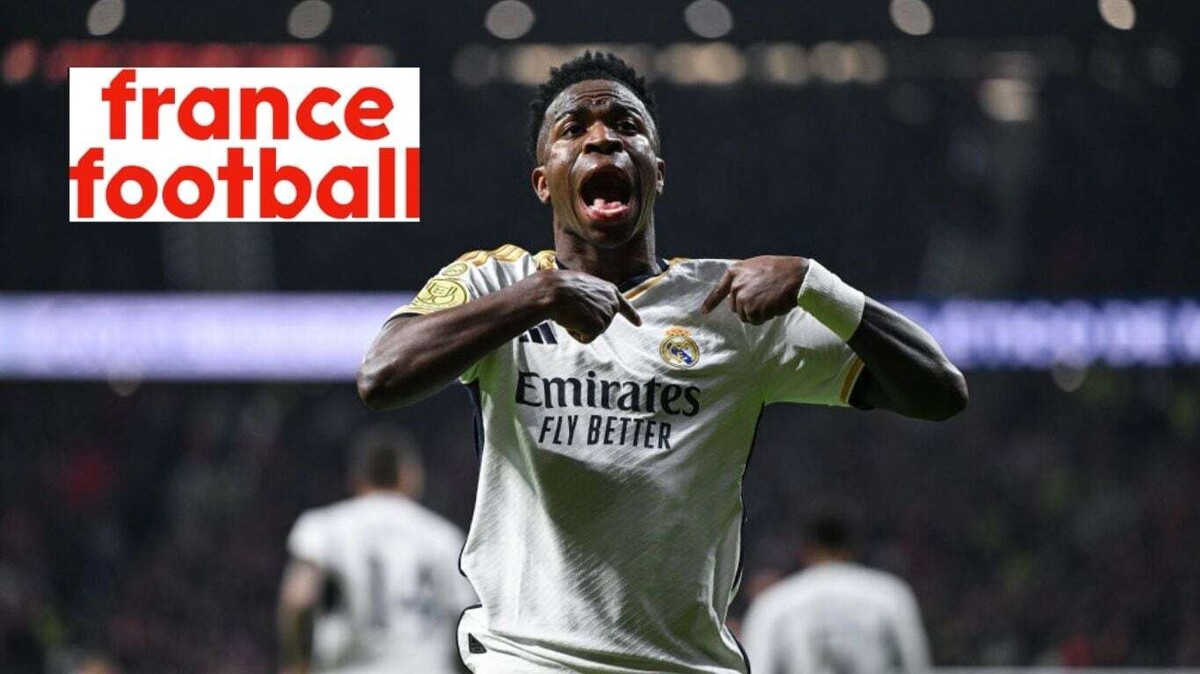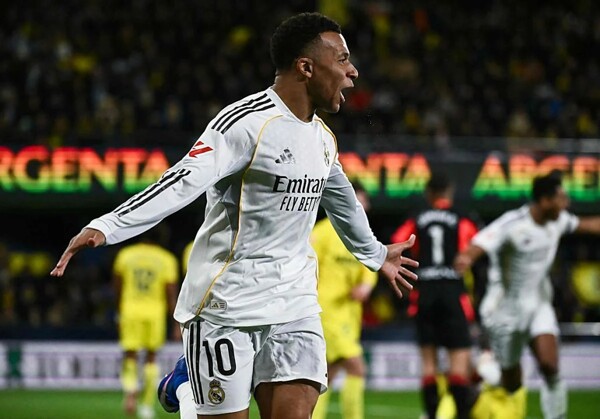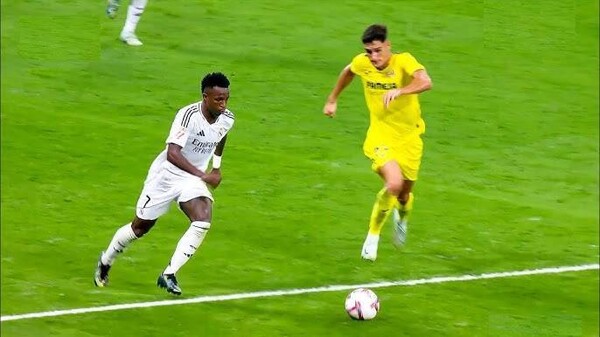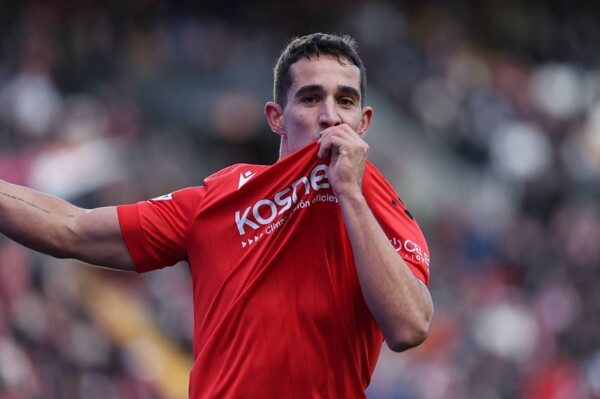
Rodri Hernández's victory at the Ballon d'Or gala sparked intense debate in the football world. The absence of Vinícius Jr. at the top of the podium, when it seemed a certainty, left many fans surprised and called into question the criteria for awarding the prize.
The voting system for the Ballon d'Or is based on the selection of 100 specialized journalists who choose the best players among the 30 finalists. Each journalist awards 15 points to the player they consider the best, 12 to the second, and so on. Despite his impressive season, Vinicius Jr. did not achieve the number of votes necessary to win the award.
Vincent García, Director of France Football, shared the key reasons in the voting: the presence of several Real Madrid players in the Top 10. "This also summarizes Real Madrid's season," García commented. Additionally, García mentioned another aspect contributing to this outcome, the tension between France Football and Real Madrid; apparently, the Spanish club pressured to know the winner's name before the gala, something that the Ballon d’Or organization decided not to reveal to any club this year. This lack of information caused discontent, leading the Madrid club to miss the ceremony.
The combination of a strong presence of Real Madrid players and the division of votes among them, along with the tensions between the club and the organization, were decisive factors explaining why Vinicius Jr. did not win the Ballon d'Or. Real Madrid’s absence from the Ballon d'Or gala, in protest of the decision, fueled suspicions about the influence of clubs on the final result.
Vinicius Jr., Jude Bellingham, Dani Carvajal, and Toni Kroos were all finalists in the voting, which, according to García, affected the outcome for the Brazilian. In García's words: "Evidently, Vinicius suffered from the presence of Bellingham and Carvajal in the top 5 because, mathematically, that took away some points from him."














